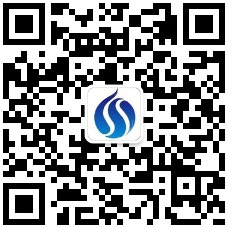时 间:2016年5月6日(周五)下午4点
地 点:纳米楼457报告厅
报告人简介:
讲座摘要:
Host-pathogen cross-talk involved intricate sequence of events. Both sides have the capacity to sense each other and respond accordingly. However, how the pathogen senses the host cell and how the host differentiates commensal from pathogenic bacteria, remain only partially understood. A better knowledge of these issues is required to develop new strategies to combat bacterial infection. We investigate the mutual sensing between epithelial cells and the closely related pathogens enteropathogenic and enterohemorrhagic E. coli (EHEC and EPEC, respectively). EPEC and EHEC are human-specific pathogens that can cause devastating disease. These pathogens colonize the host intestine while forming intimate contact with the intestinal epithelial cells (IEC). Our results show that, upon contact, IEC can sense the bacteria and effectively distinguish commensal from pathogenic E. coli. Furthermore, we show that these IEC activate innate immune response specifically towards the pathogenic E. coli. Reciprocally, upon contact, the bacteria sense the host and remodel its gene expression program, presumably, in order to better adapt to life in the new niche, i.e. to cell adherent life style. These findings may lead to new strategies to boost the IEC immune response and/or new approaches to attenuate the bacteria virulence.




